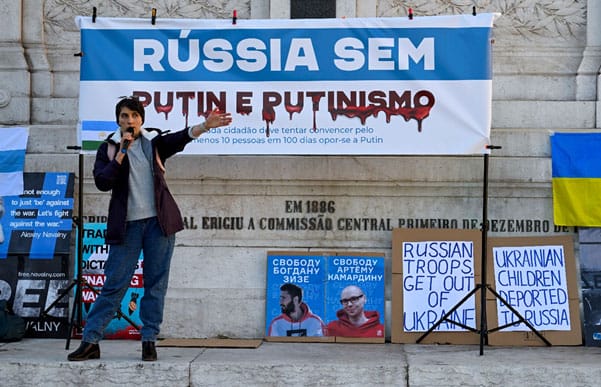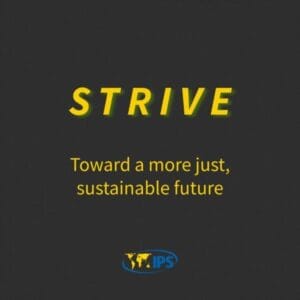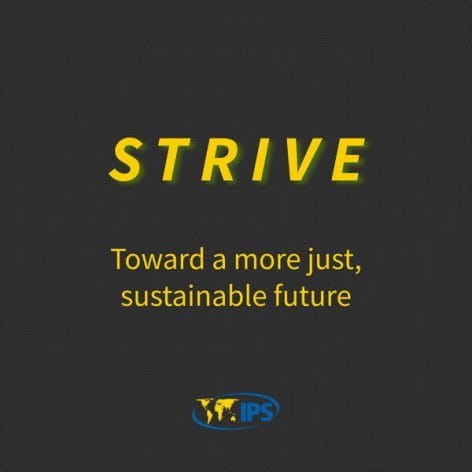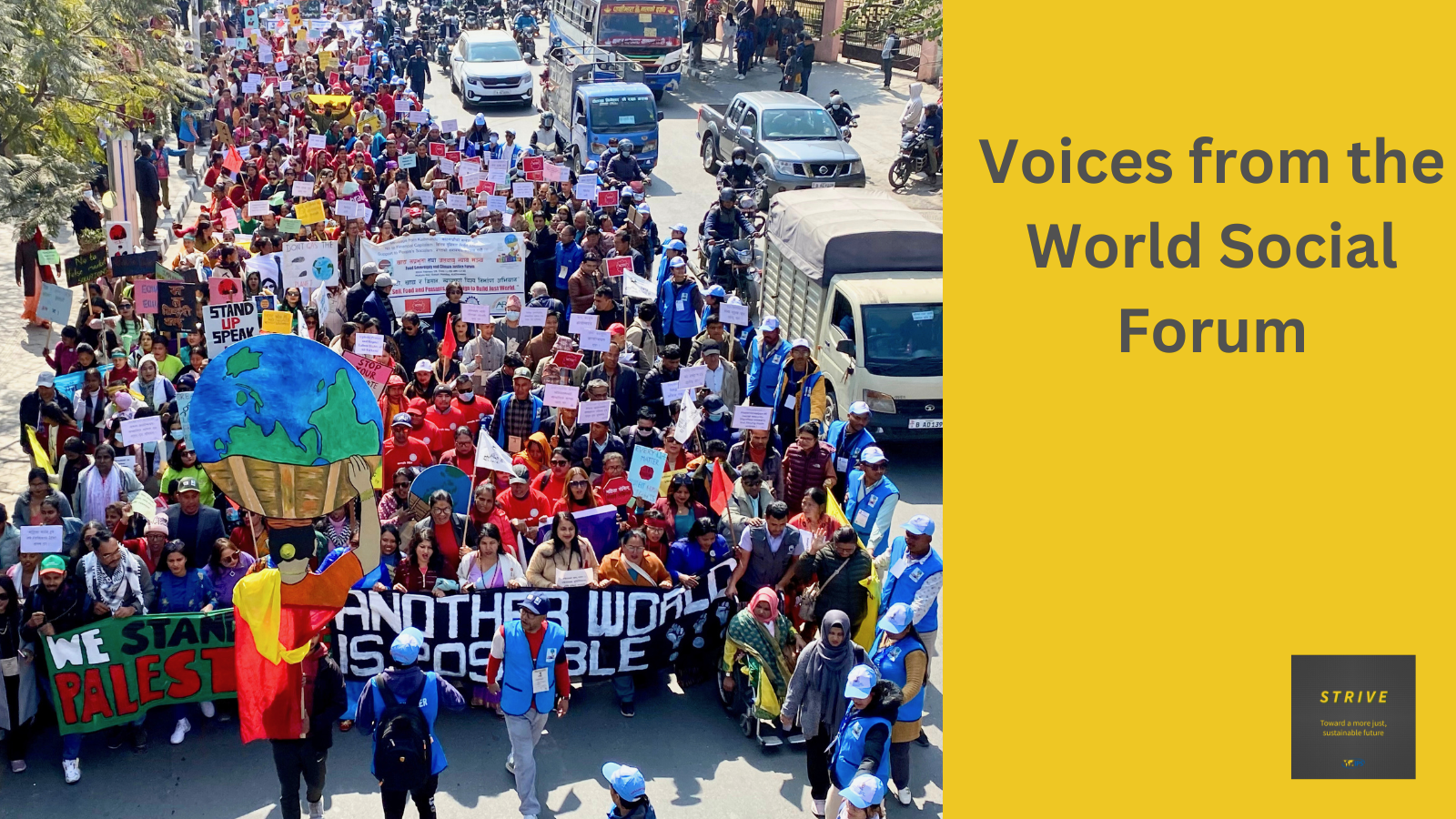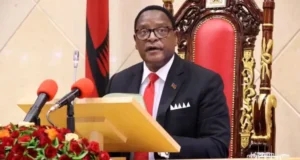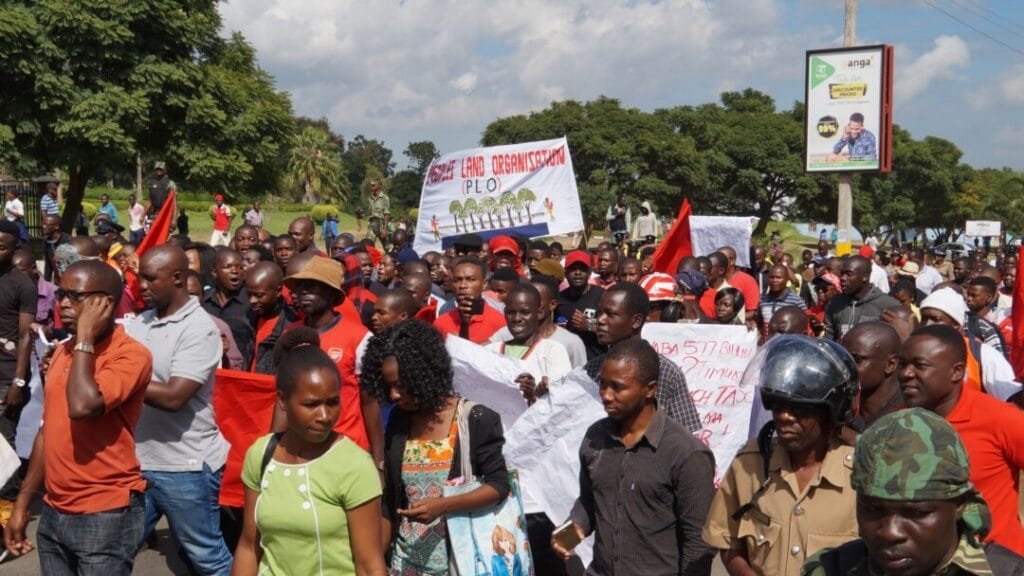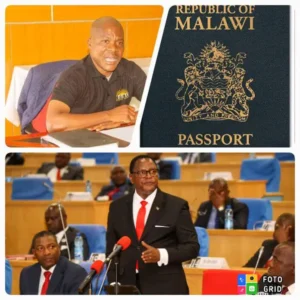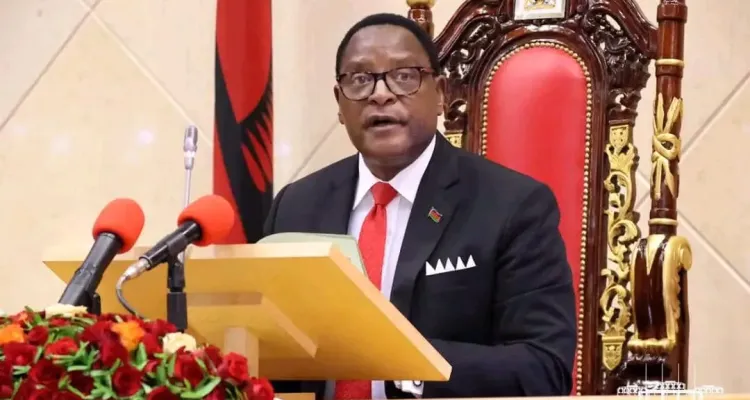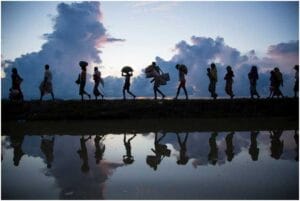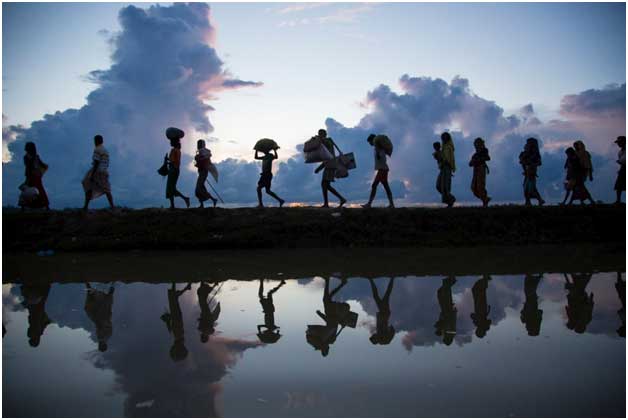
In this piece, we are going to look at the 15 African Countries With English As Official Language. If you want to skip our detailed discussion on the outsourcing opportunities available in the African region for businesses outside the region, you can go directly to 5 African Countries With English As Official Language.
Africa comes in as the second biggest continent in terms of size, covering about 30 million square kilometers (11.6 million square miles). It’s also the second most populated continent on the planet, with a whopping 1.48 billion folks calling it home, as of 2024. Over 24 countries exist in the vast continent of Africa where English stands as their official languages, implying the fact that so many African countries are accessible to the world without a barrier such as a language barrier.
By leveraging African talent, businesses can not only enhance efficiency and profitability but also contribute to job creation and economic growth across the continent. This is so due to a vast pool of talent and skill on the continent, which presents viable opportunities for the world outside the continent.
The outsourcing landscape in Africa is a promising opportunity for businesses looking to find fresh talent and cut down on costs. Although the advantages of outsourcing to Africa may not be widely recognized, several countries on the continent have thriving outsourcing industries. Nigeria, with its massive population of over 200 million, is actively promoting outsourcing clients from other countries through initiatives like the National Outsourcing Strategy. Furthermore, South Africa boasts advantages such as native English speakers and a favorable time zone, making it a prime destination for business process outsourcing (BPO) services. Also, South Africa is home to 133,195 software developers.
Moreover, Kenya offers a diverse landscape of BPO services covering multiple sectors, facilitated by an educated workforce and growing infrastructure. Ghana is known for its business-friendly environment, government support, and skilled English-speaking workforce, attracting companies like Trinity Software Center and ACS Ghana. Madagascar, with its reputation for having the fastest internet in Africa and competitive labor costs, sees companies like Bocasay and Oworkers excelling in IT services and data handling.
Furthermore, the education system in Africa has shown remarkable progress over the past ten years. The World Economic Forum recognized 38 African countries among the top 140 in terms of skills development in their education systems. Seychelles, Tunisia, Mauritius, South Africa, and Algeria are among the countries that have been acknowledged for their high-ranking education systems. As a result of this growth in skilled young talent entering the workforce, Africa is becoming a more competitive labor market.
By October 2020, out of the 5.8 million businesses in the U.S., around 140,918 were owned by Black entrepreneurs. Most of these Black-owned businesses, a whopping 96%, didn’t have employees, while only 80% of all small businesses fell into that category. Interestingly, about 32% of Black-owned businesses with employees were in the healthcare and social services sector.
Unfortunately, Black entrepreneurs encounter challenges like limited access to startup funds, less experience in management and industry know-how, and often operate in industries with lower revenue opportunities. Nevertheless, many businesses founded by Black/African people have turned out to be huge success; let’s shed light on some of these before we move on to our list of 15 African Countries With English As Official Language.
RLJ Lodging Trust (NYSE:RLJ)
RLJ Lodging Trust (NYSE:RLJ) is a real estate investment trust that’s publicly traded and self-advised. They’re all about owning top-notch hotels, mostly focused-service and full-service ones that bring in good profits. Right now, they’ve got a portfolio of 96 hotels, totaling around 21,200 rooms spread across 23 states and Washington, D.C., plus a stake in another hotel with 171 rooms. Their shares have been making some moves lately, up by 0.4% in the last month and hitting a new high of $12.14 on Friday of the previous week. Since the beginning of the year, RLJ Lodging has seen a 1.2% increase, which is a bit lower compared to the finance sector as a whole but better than the REIT and Equity Trust industry.
Urban One, Inc. (NASDAQ:UONE.K)
Urban One, Inc.(NASDAQ:UONE.K) and its crew run as a cool urban-focused media company in the U.S. So, the folks holding Urban One, Inc. (NASDAQ:UONE.K) stocks might be a bit worried seeing their share price dip by 22% last quarter, ending 31st December 2023. But hey, looking back over three years, those returns would likely have put a smile on most investors’ faces. Yup, in the past three years, the share price shot up by a solid 73%, which is even better than the market average.
Broadway Financial Corp. (NASDAQ:BYFC)
Broadway Financial Corp. (NASDAQ:BYFC) is the big boss behind City First Bank, which is a federally chartered savings bank. Here’s some info on the numbers: the company’s got a debt-to-equity ratio of 1.65, a current ratio of 1.13, and a quick ratio of 0.02. Their market cap sits at $56.61 million, with a PE ratio of 12.71 and a beta of 0.71. If we look at their moving averages, they’ve been cruising at $6.71 for the 50-day moving average and $7.06 for the 200-day moving average, as of the start of February 2024.

A young African American woman excitedly speaking on her smartphone while using a prepay mobile service.
Methodology
To come up with our list of 15 African Countries With English As Official Language, we conducted research to first list down the African countries with English as the official language. And then to rank those countries, we used the population figures for the respective countries by referring to the data provided by World Population Review. Let’s now jump on to our list of 15 African Countries With English As Official Language.
By the way, Insider Monkey is an investing website that tracks the movements of corporate insiders and hedge funds. By using a similar consensus approach, we identify the best stock picks of more than 900 hedge funds investing in US stocks. The top 10 consensus stock picks of hedge funds outperformed the S&P 500 Index by more than 140 percentage points over the last 10 years (see the details here). Whether you are a beginner investor or professional one looking for the best stocks to buy, you can benefit from the wisdom of hedge funds and corporate insiders.
15. The Gambia
Population figure 2024: 2,841,803
Businesses have been tapping into The Gambia’s plentiful semi-skilled and unskilled workforce for a long time. Wages there are often lower compared to other West African countries. Right now, the minimum daily pay for unskilled jobs starts from $1.50, while average daily wages range from $2.50 to $4. Having access to this affordable labor pool has been a big help for many companies in cutting down on their operational expenses.
14. Liberia
Population figure 2024: 5,536,949
So, Liberia sits pretty on the West African coast, rubbing elbows with Sierra Leone to the northwest, Guinea to the northeast, and Côte d’Ivoire to the southeast. While English is the official language there, you’ll hear over 20 local languages chatting away, alongside a unique tongue called Liberian English. Liberia’s got quite the linguistic mix going on!
13. Sierra Leone
Population figure 2024: 8,977,972
Sierra Leone is a real melting pot of languages. While English is kind of the main official language, Krio takes the crown for the most spoken one. In schools, government offices, and on the news, you’ll hear English, but Krio is what folks use to chat across the country. About 97% of Sierra Leone’s 7.4 million people speak Krio, whether it’s their first, second, or even third language. Krio’s roots go back to English Creole—it’s pretty fascinating!
12. South Sudan
Population figure 2024: 11,277,092
So, after some pretty rough conflicts, South Sudan finally broke off from Sudan and became independent in 2011. The vote for independence was a landslide, with over 98% of South Sudanese folks giving it a thumbs up. When they became their own country, South Sudan decided to go with English as their official language. They wanted to ditch Arabic, which they saw as a reminder of the tough times—they were all about starting fresh!
11. Rwanda
Population figure 2024: 14,414,910
These days, Rwanda is like a language mixtape! While over 99% of the folks there chat in Kinyarwanda, which is their mother tongue and a Bantu language, they’ve also got French, English, and Swahili as their official languages. It’s like a linguistic smorgasbord over there!
10. Zimbabwe
Population figure 2024: 17,020,321
In Zimbabwe, they’ve got a whole bunch of official languages—16, to be exact! There’s Chewa, Chibarwe, English, and loads more on the list. But most folks there chat in English, Shona, or Ndebele. Shona is like the top dog, with about 70% of the population speaking ChiShona as a first language. Even though Shona’s big there, the official language is still good old English.
9. Zambia
Population figure 2024: 21,134,695
In Zambia, most folks talk Bantu languages from the Niger-Congo family and are linked back to farming and metal-using ancestors who made their home there around 2,000 years ago. Zambia’s like a language party with lots of different tongues floating around. They’ve even got seven official vernacular languages like Bemba, Nyanja, Lozi, and more. English is the big cheese when it comes to official stuff like government, schools, business, and the legal world. Zambia’s language game is pretty diverse!
8. Malawi
Population figure 2024: 21,475,962
Malawi is a real melting pot of languages. Even though English is the official talk, not everyone there is fluent in it—only about 26% of folks 14 and older can chat in English. They’ve got some other major languages bouncing around, like Chewa, Yao, Tonga, Sena, and Elomwe. Lots of language flavors in Malawi!
7. Cameroon
Population figure 2024: 29,394,433
Cameroon sits right in the middle of the action in Africa, surrounded by the Atlantic Ocean. With French and English as their official languages, it can be a bit tough to kick off a business there. Handling things like payroll, hiring, benefits, and setting up shop can be a bit of a challenge. But, teaming up with a top-notch service company for outsourcing in Africa can really work wonders for your business without all the headaches. While Cameroon might not have as many IT pros as some other places in Africa, they’ve been stepping up their game since 2017, with a big jump in the number of software developers from just 3,000 in 2017 to 7,748 in 2023. Progress is progress, right?
6. Ghana
Population figure 2024: 34,777,522
Ghana is the go-to spot for BPO outsourcing in West Africa. It’s a hit with companies wanting to farm out tech work because of its chill regulatory and tax setup, support from the government, sweet time zone, brainy English-speaking workforce, and strong IT setup. In Ghana’s outsourcing world, you’ll find cool setups like Trinity Software Center, a social enterprise linking up West African and European firms with local tech whizzes. Another star player is ACS Ghana, a tech company in Ghana that hires top-notch African engineers and project managers to provide tech solutions to businesses both here and abroad. Ghana’s outsourcing scene is buzzing!
Click to continue reading and find out about the 5 African Countries With English As Official Language.
Suggested Articles:
Disclosure: None. 15 African Countries With English As Official Language is originally published on Insider Monkey.


